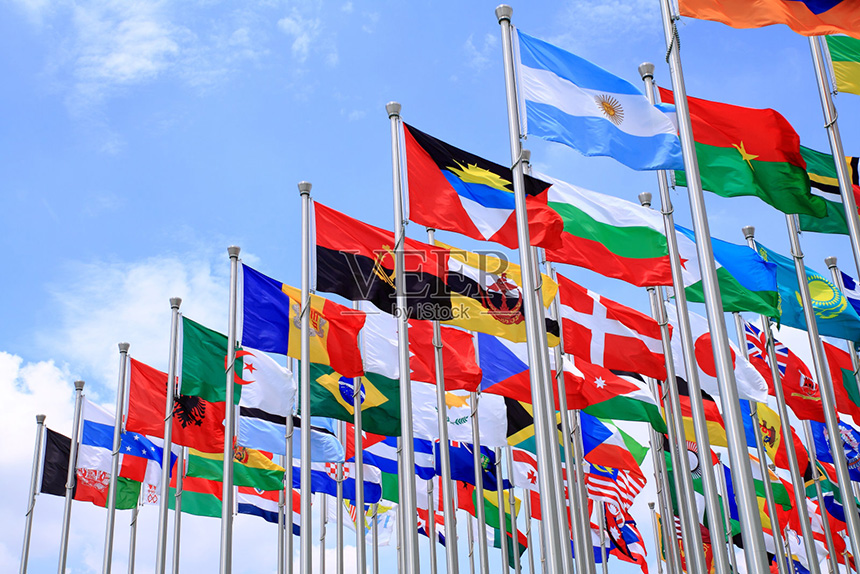Warmboard Radiant Hydronic Under Floor Heating System - hydronic radiant heating systems
Clean water is critical for nature, and people’s health and well-being. It is also a crucial resource for many economic sectors. Due to over-exploitation and climate change, many areas in Europe increasingly suffer from water scarcity. At the same time, pollution puts additional pressure on this finite resource.
Floor DrainPVC
However, Europe needs to reduce water pollution from agricultural land and industry, and improve wastewater treatment. This is because new evidence is emerging about micro pollutants, microplastics and antimicrobial resistance affecting water quality. At the same time, climate change is increasingly threatening water resources in some areas.
Floor Drainplastic
Other health concerns include plastic pollution, microplastics from textiles and chemical pollutants, such as PFAS, that are found across Europe in soil and water.

Water is a critical part of nature and an essential resource for humans. Besides drinking it, we use water for everything from cooking to cleaning, showering, flushing and swimming. Similarly, our economic sectors, including energy, transport, agriculture and manufacturing, all rely on water.
Floor Draintrap
Groundwater supplies about 65% of drinking water in the EU. However, according to the latest EEA assessment on this vital resource, chemical pollution has been found in about quarter of EU groundwaters, while almost 10% of groundwaters are affected by unsustainable level of abstraction.
Pollution from urban and industrial wastewater, agriculture, mining and houses that are not connected to a sewage system affect water quality in Europe. According to an EEA analysis, implementing EU water legislation in a better and more coherent way would help. Moreover, all water-using sectors, such as agriculture, energy and mining, should adopt practices that can keep water ecosystems healthy and resilient. These include farming programmes that reduce fertiliser and pesticide use.
Concretefloor drain
Climate change is amplifying Europe’s water quantity and quality challenges. For instance, we are seeing more frequent and intense droughts and floods. Flooding has been the costliest type of climate-related extreme event, amounting to more than 223 billion euros in damage in the past four decades. Especially in southern Europe, water scarcity will get worse and affect all sectors.
The proposals’ aims include better and more cost-effective urban wastewater treatment, recovering nutrients, producer responsibilities for micropollutants and new monitoring requirements for microplastics. The Commission is also proposing to update the list of water pollutants and more strictly control what goes into surface waters and groundwater. These substances include PFAS, pesticides, Bisphenol A and some pharmaceuticals.
To combat marine litter and microplastics from textiles, pollution should be stopped at the very source. An EEA briefing on microplastics from textiles lists several ways to reduce this type of pollution, including more sustainable design and production processes, better clothing care, and better disposal and recycling. An EEA analysis on marine litter points out that land-based sources account for 80% of marine litter. Approximately 85% of it is plastic.
Floor drainPipe
Competing demands for water contribute to pollution and can lead to over-exploitation, which can affect human health in negative ways. Direct health concerns are often linked to specific contaminants in water, such as bacteria, viruses, metals or pesticides. While most people in Europe have good access to high-quality drinking water and bathing water, new evidence about chemical pollution and water scarcity are growing concerns.
The European Green Deal's ambition to have an environment free of harmful pollution by 2050 also concerns water. As part of the zero pollution action plan, the European Commission proposed stronger rules curbing surface and groundwater pollutants, and better urban wastewater treatment.
Floor DrainCover
If you want to go for a swim in Europe, there is a very good chance that the water quality at your chosen bathing site is excellent. Besides, most European residents can enjoy good quality drinking water straight from the tap.
Urban wastewater treatment in all of Europe has improved over the past decades. Moreover, most European countries collect and treat sewage effectively for most of their population. However, an EEA analysis shows that maintaining existing wastewater treatment infrastructure, adapting to climate change, connecting rural areas and tackling new pollutants will require substantial investments.
Currently, key pieces of EU legislation on water and human health concern drinking water, bathing water and urban wastewater. Meanwhile, the Water Framework Directive reflects the overall goal to achieve good status for Europe’s rivers, lakes and groundwater. At the same time, other policies and regulations on agriculture, industry, chemicals and other sectors also have strong links to water.
JavaScript seems to be disabled in your browser. For the best experience on our site, be sure to turn on Javascript in your browser.




 8615510865705
8615510865705 
 8615510865705
8615510865705